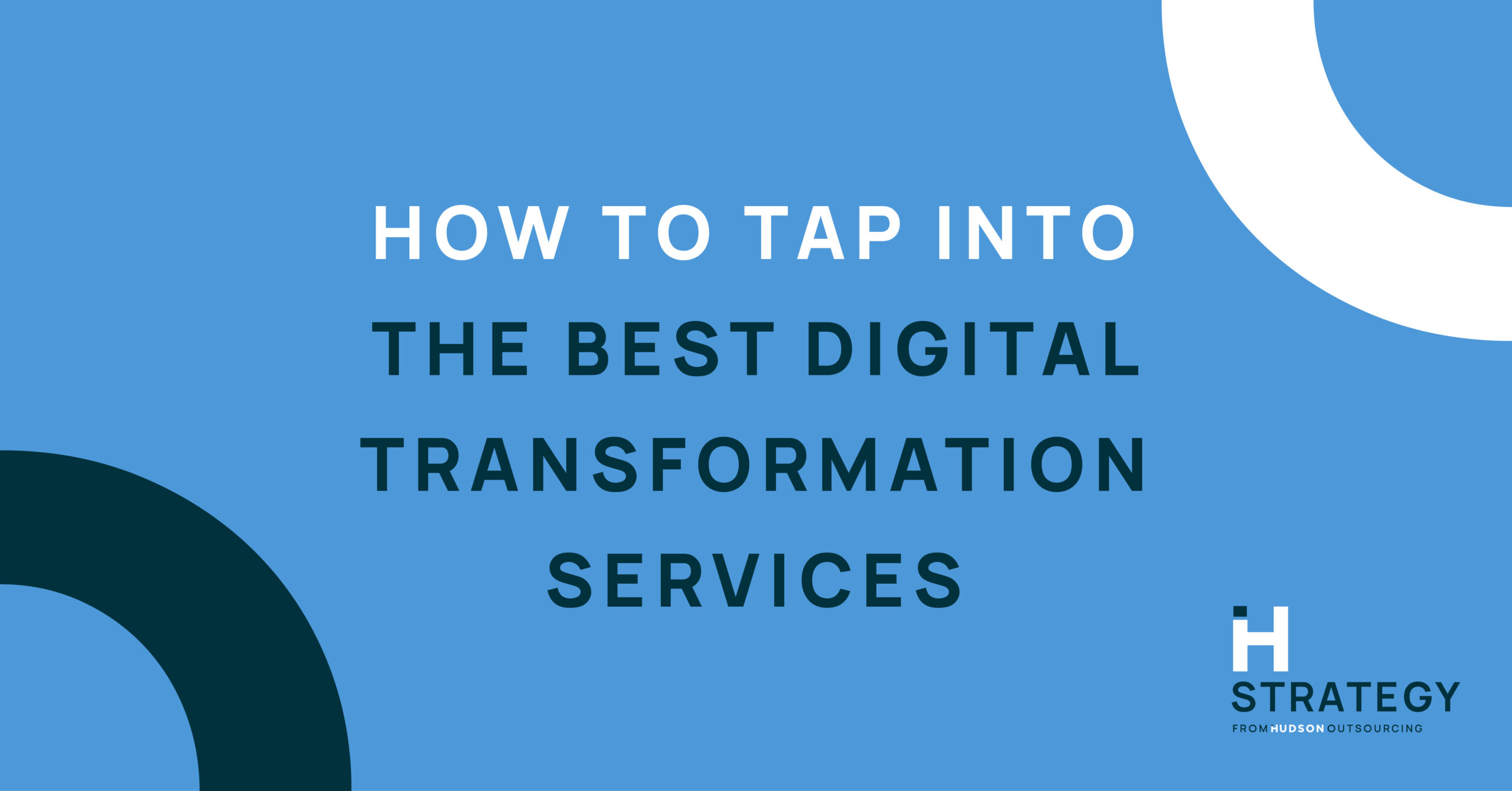In today’s fast-paced, data-driven world, businesses that leverage data analytics are better positioned to make informed decisions, gain a competitive edge, and drive sustainable growth. At Hudson Strategy, we recognize that data analytics is not just a buzzword—it’s a fundamental component of shaping effective business strategies.
In this blog, we’ll explore the vital role data analytics plays in guiding business strategies and how companies can harness its power to make smarter, more efficient decisions.
-
Enhancing Decision-Making with Data-Driven Insights
The days of relying solely on gut feelings to make business decisions are over. Data analytics provides the factual, real-time insights needed to make well-informed choices.
- Improved Accuracy: By analyzing large datasets, businesses can uncover trends, patterns, and correlations that would otherwise go unnoticed. This helps executives make precise, data-backed decisions rather than relying on assumptions.
- Predictive Analytics: Data analytics can predict future trends by analyzing historical data. Predictive models allow businesses to anticipate changes in customer behavior, market demand, and industry trends, leading to proactive rather than reactive strategies.
- Faster Decision Cycles: With real-time analytics, businesses can make quick decisions based on current data, allowing them to adapt swiftly to changing market conditions.
-
Identifying Growth Opportunities
Data analytics empowers companies to identify new opportunities for growth by revealing insights about customer preferences, market trends, and emerging technologies.
- Customer Segmentation: Analyzing customer data allows businesses to segment their audience based on behavior, demographics, and purchase history. This leads to more personalized marketing efforts and better-targeted products and services, ultimately driving growth.
- Market Expansion: Analytics can help businesses assess new markets by analyzing factors such as market size, demand potential, and competition. This reduces the risks associated with entering unfamiliar territories and ensures that resources are allocated effectively.
- Product Innovation: By examining consumer feedback, purchase data, and market trends, businesses can identify gaps in the market and innovate new products or services that meet the evolving needs of their customers.
-
Optimizing Operational Efficiency
Data analytics doesn’t just guide growth—it can also streamline internal operations, leading to cost savings and greater efficiency.
- Supply Chain Management: Through data analytics, businesses can track and optimize their supply chains. For example, predictive models can forecast demand fluctuations, allowing companies to adjust inventory levels and minimize waste.
- Process Automation: Data analytics can identify bottlenecks in workflows and suggest areas for automation. By automating repetitive tasks, businesses free up time and resources to focus on strategic initiatives.
- Resource Allocation: With insights into resource utilization, companies can allocate staff, time, and capital more effectively. This ensures that resources are invested where they will have the most significant impact.
-
Mitigating Risk and Enhancing Security
In an unpredictable business landscape, data analytics helps companies identify and mitigate risks before they become critical threats.
- Fraud Detection: Advanced analytics tools can monitor transactions and identify suspicious patterns, enabling businesses to detect fraud and prevent financial losses in real-time.
- Risk Management: By analyzing historical data and external market factors, businesses can anticipate risks such as economic downturns, supply chain disruptions, or changing regulations. This allows for more effective contingency planning and risk mitigation.
- Cybersecurity: Data analytics plays a crucial role in enhancing cybersecurity by detecting anomalies in network traffic and identifying potential threats before they cause damage.
-
Personalizing Customer Experiences
The modern consumer expects personalized experiences tailored to their needs and preferences. Data analytics allows businesses to meet these expectations through detailed customer insights.
- Customer Behavior Tracking: Businesses can analyze data on how customers interact with their websites, products, and services. This information helps optimize user experiences, leading to increased engagement and satisfaction.
- Personalized Marketing: By segmenting customers based on purchase history, interests, and behaviors, businesses can create targeted marketing campaigns that resonate with specific groups. Personalized marketing leads to higher conversion rates and customer loyalty.
- Customer Retention: Data analytics can help identify at-risk customers by analyzing patterns in customer behavior, such as decreased engagement or reduced spending. This allows businesses to implement retention strategies before customers churn.
-
Improving Financial Performance
Data analytics is essential for financial planning, performance monitoring, and identifying cost-saving opportunities.
- Budget Optimization: Through data analysis, companies can identify areas where they are overspending and adjust their budgets accordingly. Analytics helps forecast revenues and expenditures, ensuring more accurate financial planning.
- Profitability Analysis: By examining the profitability of individual products, services, or business units, companies can make informed decisions on where to focus their resources. This ensures that the most profitable areas receive the necessary attention and investment.
- Real-Time Financial Monitoring: Analytics tools enable businesses to monitor financial performance in real-time, allowing for quicker adjustments to pricing, expenditure, or strategy when needed.
-
Shaping Long-Term Strategy
Data analytics is critical for shaping long-term strategies that drive sustained success. It provides a holistic view of the business, enabling leaders to plan for the future with greater confidence.
- Strategic Forecasting: Analytics allows companies to predict future market conditions, customer behaviors, and industry changes. This long-term view helps businesses stay ahead of competitors and adapt their strategies for continued relevance.
- Competitive Benchmarking: Analyzing competitor performance and industry benchmarks gives businesses the insight needed to stay competitive. By understanding how they measure up against peers, companies can refine their strategies to gain an advantage.
- Scenario Planning: Data analytics enables businesses to simulate different scenarios based on varying market conditions. This allows companies to test strategies and prepare for multiple outcomes, ensuring resilience in the face of uncertainty.
Conclusion: Data Analytics as a Strategic Advantage
At Hudson Strategy, we understand that data analytics is more than just a tool—it’s a strategic advantage that empowers businesses to make informed, confident decisions. Whether you’re optimizing internal processes, identifying new growth opportunities, or shaping your long-term strategy, data analytics provides the insights needed to succeed in today’s competitive market.
As businesses continue to navigate an increasingly complex landscape, those who invest in data analytics will be better equipped to adapt, innovate, and lead.
Ready to harness the power of data analytics? At Hudson Strategy, we help businesses integrate data-driven insights into their strategy for smarter decision-making and sustainable growth. Contact us today to learn how we can support your business’s data journey!
Discover How Hudson Strategy Transforms Your Business: Learn How We Work



